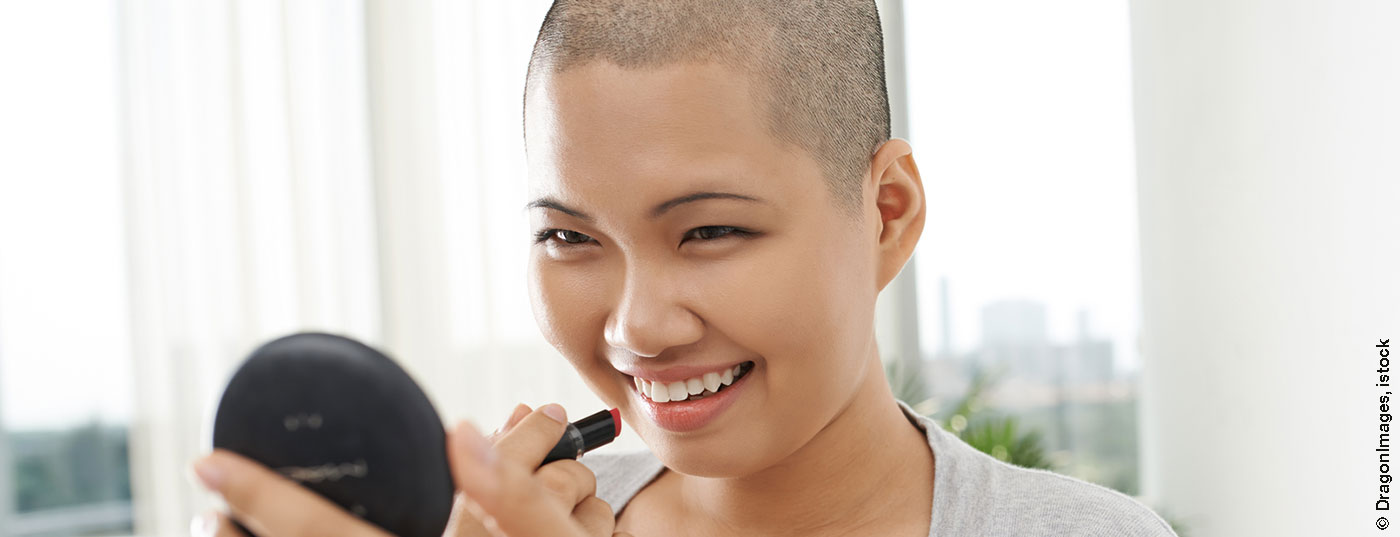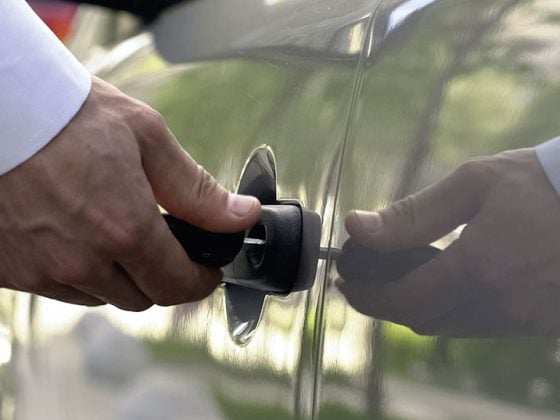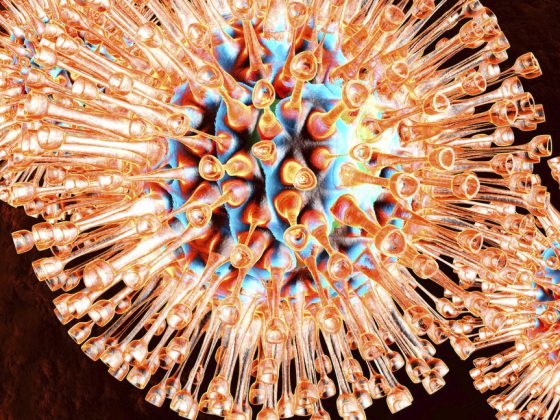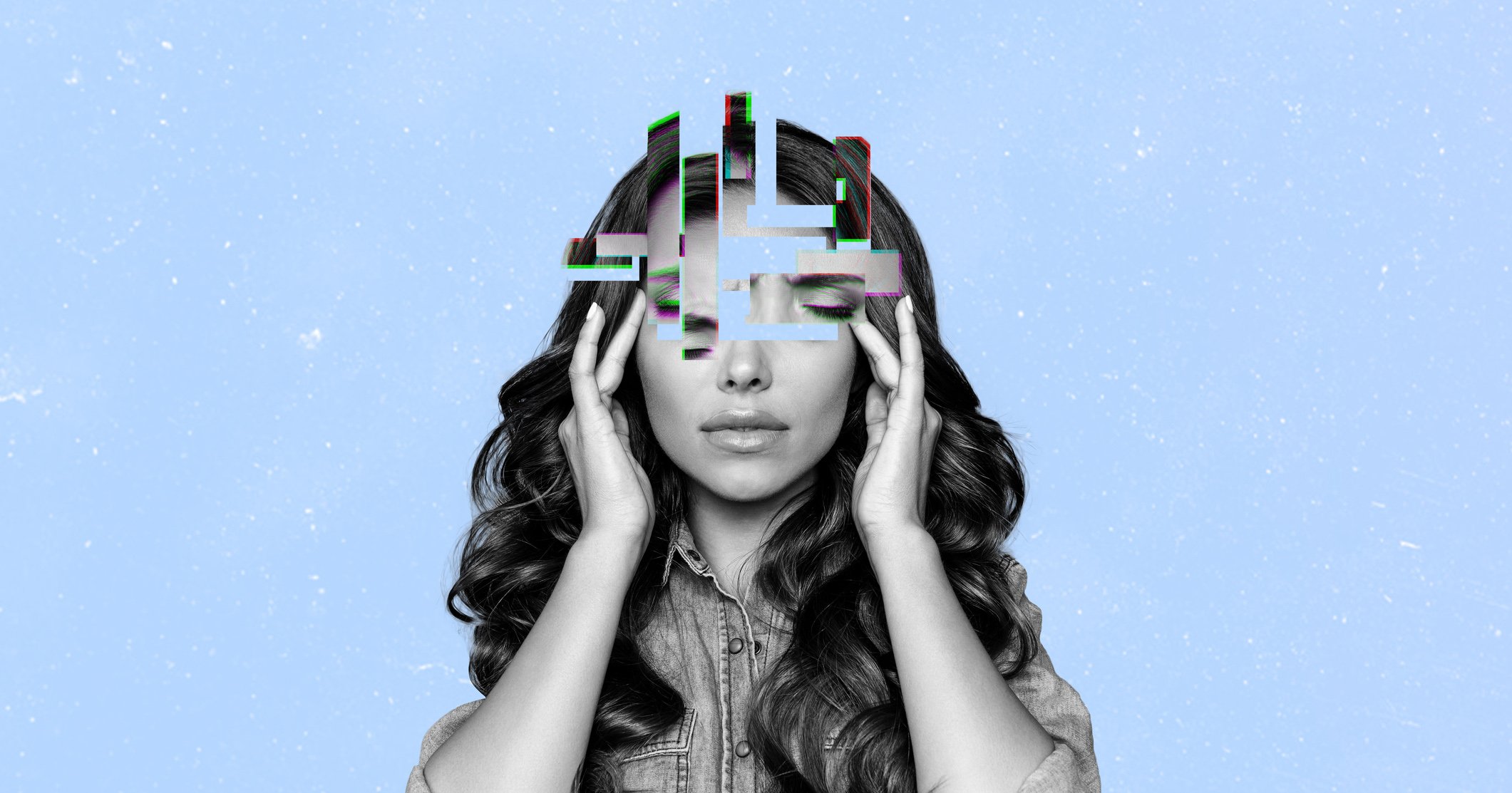The loss of hair and eyelashes due to cancer therapy further weakens patients. Because self-esteem suffers. In beauty workshops, patients learn how to conceal the visible traces of their treatment.
Dear Ms. Kern, you are committed to the interests of the “Look Good Feel Better” Foundation (LGFB) with great enthusiasm and joy. What is the goal of LGFB?
Look Good Feel Better is a non-profit commitment of leading cosmetics companies in Switzerland. Since 2006, the foundation has been organizing free beauty workshops for people affected by cancer with the aim of rebuilding their self-confidence and self-esteem and giving them back a piece of their quality of life. We are now present at over 50 locations in three language regions and receive consistently positive feedback from participants.
Why is appearance so important, especially for cancer patients?
The therapies can severely affect appearance by changing the appearance of the skin and/or leading to loss of scalp hair as well as eyebrows and eyelashes. The changed appearance can lead to great insecurity and loss of self-confidence. We show those affected how they can counteract these visible traces with simple means. At the same time, they have the opportunity to exchange ideas with other affected persons in an informal setting. This exchange, in addition to learning skin care and makeup techniques, is an essential aspect that contributes to the “Feel Better Effect” and thus to the well-being of the participants.
Do the workshops take place in hospitals and how should I imagine such a beauty workshop?
Yes, our workshops take place in hospitals and cancer centers. These institutions each provide us with a special room for this purpose. The workshops are conducted in groups of 10-12 participants. The care is provided by professional beauticians and make-up artists, all of whom work voluntarily for our foundation. Based on our 12-point program, participants learn how to optimally care for their usually very dry and reddened skin and cleverly conceal the visible traces of their treatment. In the process, they have the opportunity to put what they have learned into practice right away. Our teams give them additional individual tips. In this way, the inexperienced can discover their skills under professional guidance and the experienced can refine them.
What experience have you gained in your work for the foundation?
We are proud and grateful that our foundation can count on the commitment of over 120 volunteers. Some have been with the program since its inception. Each workshop is different because of the composition of the participants. For our teams, this means being flexible and constantly having to adapt to new situations. At the beginning of the workshop, the participants are usually a bit uncertain because they don’t know what to expect. However, our teams make sure that participants quickly feel comfortable and relaxed. Of course, this requires a lot of empathy, which our volunteer cosmetic professionals bring to the table. During the workshops, the atmosphere becomes increasingly relaxed, so that those affected go home grateful, with a boost in self-confidence and a smile on their face. It is wonderful for us to be able to help those affected by cancer feel better with our services at a very difficult time.
www.lgfb.ch
InFo ONCOLOGY & HEMATOLOGY 2019; 7(2-3): 48











